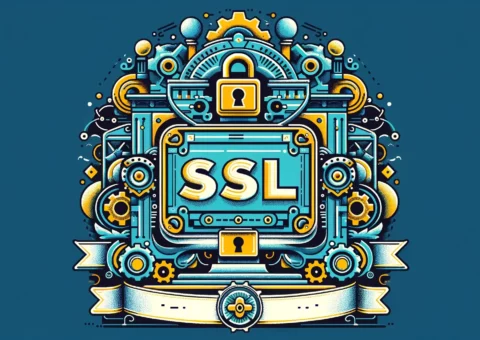SSH vs. SSL – Explore the Differences and Similarities
Whether you’re sending an email, making an online purchase, or connecting to a server, you’re using SSL or SSH – two critical protocols in internet security. But what are they, and how do they differ? Both SSH and SSL are instrumental in ensuring a safe and secure online environment, but they operate differently and serve […]































